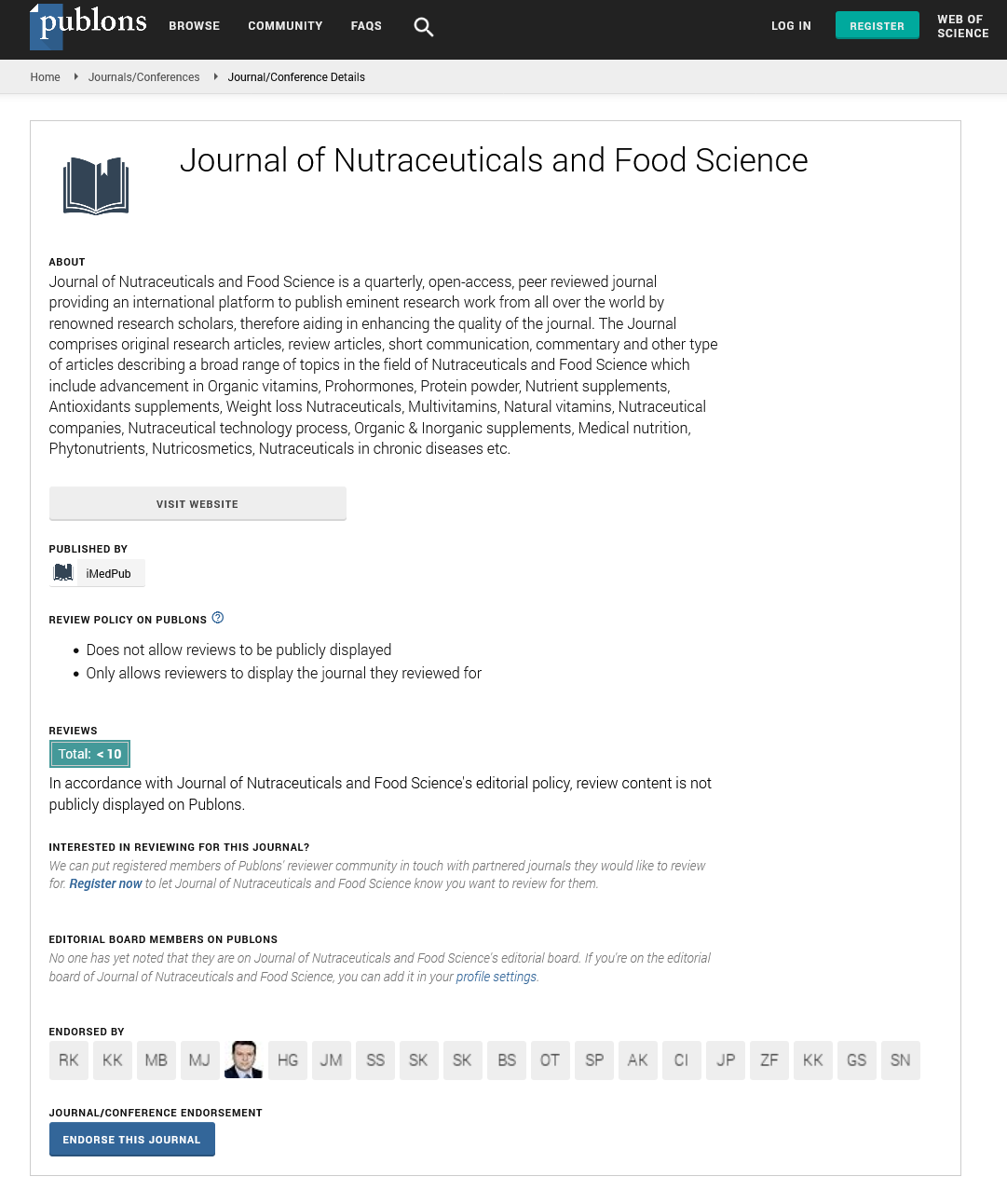Abstract
Antimicrobial activity of ethanolic plant extracts alone and in combination with glycine and sodium acetate against Escherichia coli
Escherichia coli O157:H7 is a major foodborne pathogen, which causes severe human infections. Plant extracts, glycine, and sodium acetate (NaOAc) exert antimicrobial effects that can be used to control pathogenic E. coli. However, their combinations have not been investigated before. Thus, this study aimed to investigate the combined effect of ethanolic plant extracts with glycine and NaOAc against E. coli at various pHs and temperatures. Twenty-two plant extract samples were screened by disk diffusion method. Only clove and rosemary extracts exhibited significant antimicrobial activity against pathogenic and non-pathogenic E. coli with inhibition zones 12.25 to 17.25 mm and 11.25 to 12.00 mm, respectively. Clove extract inhibited the growth of E. coli with bactericidal manner with both minimum inhibitory concentration (MIC) and minimum bactericidal concentration (MBC) of 0.4%, while MIC and MBC of rosemary extract were 0.6% and 0.8%, respectively. Clove extract (0.2%) at neutral condition with 0.1% NaOAc or 1.0% glycine showed additive effect with fractional inhibitory concentration (FIC) index 0.53 and 0.75, respectively. At pH 5.5, 0.2% rosemary or 0.1% clove extract supplemented with 0.1% NaOAc showed additive interaction with FIC indices 0.53 and 0.70, respectively. The population of E. coli O157:H7 in phosphate-buffered saline (PBS) with 0.2% clove extract, 2% glycine, and 2% NaOAc showed more than 5 log reduction after incubation at 15 °C for 96 h, while the combination of 0.1% clove extract and 2% NaOAc at pH 5.5 completely inhibited E. coli within 24 h at 35 °C. Thus, the combination of plant extracts with glycine and NaOAc could serve as a promising hurdle technology in controlling the growth of E. coli and could be applied to food preservation.
Author(s):
Waraporn Kusalaruk
Abstract | Full-Text | PDF
Share this

Google scholar citation report
Citations : 393
Journal of Nutraceuticals and Food Science received 393 citations as per google scholar report
Journal of Nutraceuticals and Food Science peer review process verified at publons
Abstracted/Indexed in
- Google Scholar
- Publons
- Secret Search Engine Labs
Open Access Journals
- Aquaculture & Veterinary Science
- Chemistry & Chemical Sciences
- Clinical Sciences
- Engineering
- General Science
- Genetics & Molecular Biology
- Health Care & Nursing
- Immunology & Microbiology
- Materials Science
- Mathematics & Physics
- Medical Sciences
- Neurology & Psychiatry
- Oncology & Cancer Science
- Pharmaceutical Sciences


